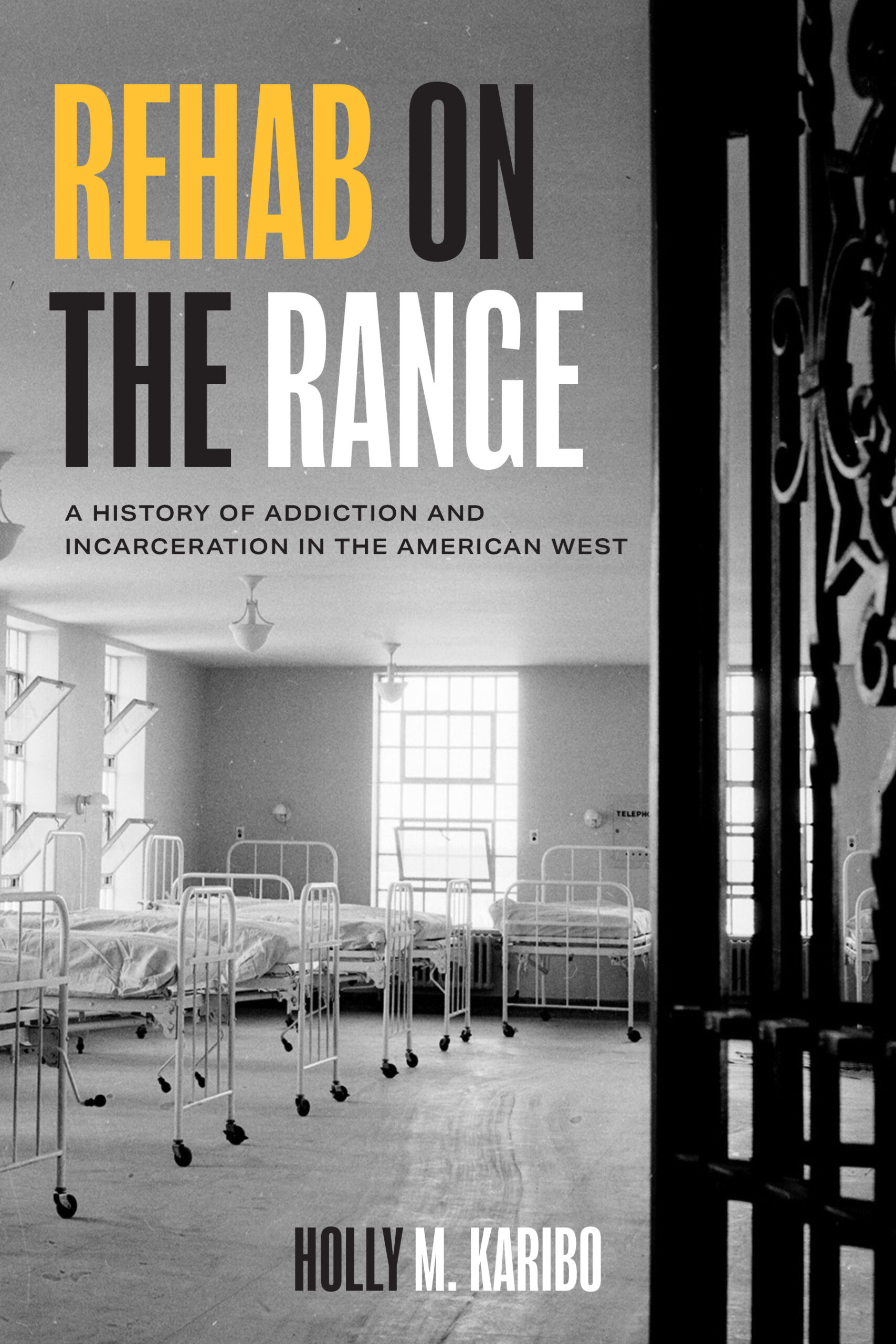The start of the New Year is a time when people make resolutions to become the best version of themselves. Of the many resolutions on the list, I highly encourage those who currently smoke to make quitting smoking a top priority. While smoking can cause cancer almost anywhere in the body, lung cancer is one of its most serious consequences. Smoking damages lung tissue and leads to serious conditions like lung cancer, COPD, emphysema, and chronic bronchitis, all of which make breathing difficult and harm your quality of life.
The good news is that quitting smoking can quickly and significantly improve your health. Within hours of quitting, harmful carbon monoxide levels in the blood drop to normal. Within weeks, lung function begins to improve, and over time, the risk of lung cancer, heart disease, and stroke decreases. Many former smokers find breathing easier, have more energy, and feel healthier overall.
Quitting smoking can be challenging, but it’s absolutely possible with the right tools and support. Here are some tips to help you succeed:
Set a Quit Date: Choose a specific day to stop smoking and commit to it.
Find Support: Talk to friends, family, or join a support group to stay motivated.
Use Resources: Nicotine replacement therapies like patches, gum, or medications can ease withdrawal symptoms.
Identify Triggers: Avoid situations or feelings that make you want to smoke, and replace smoking with healthier habits like walking or chewing gum.
Stay Active: Keep busy with activities that distract you from cravings.
Celebrate Success: Reward yourself for reaching smoke-free milestones, like one day, one week, or one month.
Quitting smoking not only will add years to your life, it will also add life to your years. Quitting smoking is one of the best decisions for your health, and while it can be challenging, every step is worth it. Let this New Year mark the start of a healthier, smoke-free life. If you’re a current or former smoker aged 50-80, talk to your primary care provider about getting a low-dose CT scan to check your lung health—early detection can make all the difference. For more information on how to schedule a low-dose CT lung cancer screening, call (956) 362-LUNG.
About Dr. Vallejo
Dr. Vallejo is board certified in Internal Medicine, Pulmonary Disease, Critical Care Medicine, and Sleep Medicine. He is a passionate advocate for lung cancer awareness, focusing on prevention and the importance of early detection.
Dr. Federico Vallejo
DHR Health Pulmonologist and Critical Care Physician
5501 South McColl Road Edinburg, TX 78539
The post Ask the Expert: New Year’s Resolutions: Quit Smoking for a Healthier You appeared first on Rio Grande Guardian.
 (2).png)
 2 months ago
66
2 months ago
66









 English (US)
English (US)